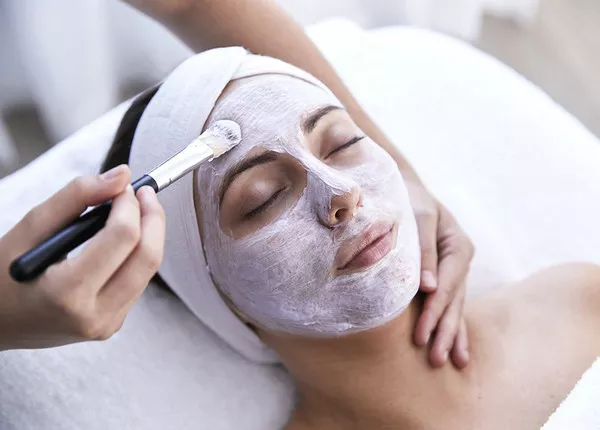Skin lightening has become a billion-dollar cosmetic industry with well-documented health risks. Nigeria, as Africa’s most populous nation, has found itself at the center of this issue. Moji Adeyeye, the director-general of Nigeria’s National Agency for Food and Drug Administration and Control, declared skin lightening a “national health emergency” earlier this year. This declaration comes as a response to the significant health hazards associated with skin lightening, including conditions like diabetes, hypertension, neuropathy, hepatic, or renal toxicity.
Skin lightening products come in various forms, from creams to lotions, and they are heavily marketed in Nigeria, where there is a strong demand for such cosmetics. In neighboring Ghana, the Food and Drugs Authority had to issue a public warning against the use of skin lightening agents in pill or tablet forms, especially among pregnant women who mistakenly believed it would lighten the skin of their unborn children.
The desire for lighter skin is often rooted in the belief that it can lead to better social and economic opportunities. This deep-seated cultural bias and discrimination against individuals with darker skin has fueled the cosmetic skin lightening industry, even though the medical application of skin lightening is recognized for treating specific pigmentary disorders.
While skin lightening products are marketed to various socioeconomic groups, they remain a lucrative market in Africa and Asia, with continued growth anticipated. Governments face the considerable challenge of addressing the health risks associated with these products while confronting the cultural biases that drive their popularity.


